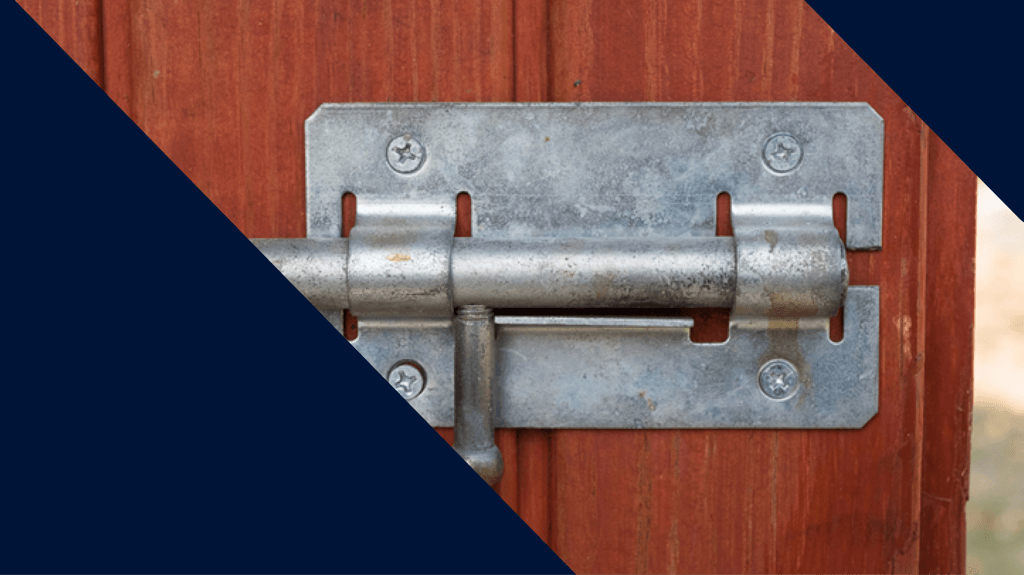
DeadBolt ransomware gang tricked into giving victims free decryption keys
Dutch police and other law enforcement agencies have managed to trick the DeadBolt ransomware operators into releasing 150 decryption keys for free.
The method of obtaining decryption keys was found by a Dutch incident response company called Responders.NU, who shared the method with the police. The basis for the trick iss that it was possible to cancel an unconfirmed Bitcoin transaction before payment went through through, but after the decryption key was released.
Because of the large amount of Bitcoin transactions taking place at one time, it can take a while for payment to actually go through. That gave police enough time to block the transactions from going through before the payment actually took place. By then they’d already received the decryption key and could pass it on to the victims. They managed to repeat the process around 150 times before the ransomware gang pulled the plug on their system that gave out the decryption keys.
Deadbolt
DeadBolt is a ransomware that specializes in encrypting online network attached storage (NAS) devices. Owners of QNAP (Quality Network Appliance Provider) devices have recently been the target of this ransomware operator. QNAP and DeadBolt have history. In January 2022, news broke that a ransomware group was targeting QNAP Network Attached Storage (NAS) devices. As a countermeasure, QNAP pushed out an automatic, forced, update with firmware containing the latest security updates to protect against the attackers’ DeadBolt ransomware, which annoyed part of its userbase.
More recently, QNAP detected that cybercriminals known as DeadBolt were exploiting a Photo Station vulnerability in order to encrypt QNAP NAS systems that were directly connected to the internet. This DeadBolt campaign also targeted Asustor users. According to the police there are around 20,000 affected devices worldwide. Each of them received instructions to pay 0.05 Bitcoin (around $1000 at the time of writing) to get a decryption key for their files.
Decryption keys
The police wanted to emphasize that it is always important to file a complaint about cybercrime, even though the chances of apprehending the cybercriminals may seem slim. So they started by helping victims, from 13 countries, who had filed a complaint with their local police.
Most of the victims who they helped should have received instructions on how to access their personal decryption key by now.
If you have not been notified by the police but you still want to check if you are one of the lucky ones, you can follow the instructions on the site deadbolt.responders.nu and find out if your decryption key is available.
Mitigation
It is important to file a complaint if you are a victim of a cybercrime. Not only does it give law enforcement agencies a better understanding of what’s going on and how widespread a campaign is, it also provides them with information that may help them apprehend the criminals or recover your data or money.
To avoid falling victim to the DeadBolt ransomware, the obvious advice is to not connect your NAS directly to the internet, but we understand that that ruins the whole purpose of a NAS for some users.
Make sure that the firmware of your device and all the software running on it is up to date. These criminals will not only find new vulnerabilities, but also use old ones that have not yet been patched.
To enhance the security of your NAS, QNAP recommends users use the myQNAPcloud Link feature provided by QNAP, or enable the VPN service. Or you can use another VPN of your choice.
Cybercrime Has Gone Machine-Scale
AI is automating malware faster than security can adapt.
Get the facts Read the 2026 State of MalwareCybercrime Has Gone Machine-Scale
AI is automating malware faster than security can adapt.
Get the facts Read the 2026 State of Malware


